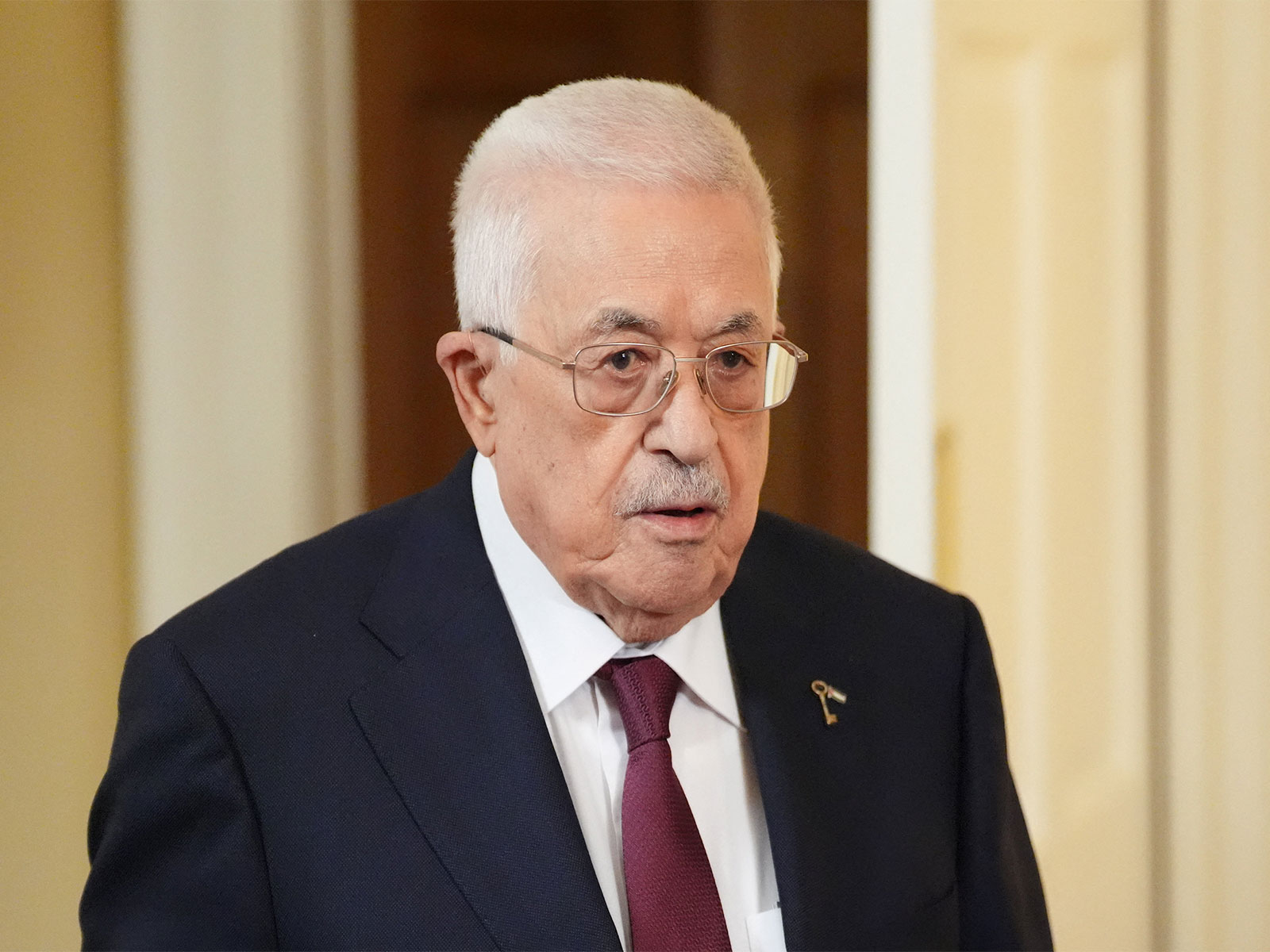Ottawa [Canada], September 23 (ANI): Britain is facing a massive £2 trillion reparations demand from the Palestinian Authority following Prime Minister Keir Starmer’s recognition of Palestine as a state, reported The Winnipeg Sun.
This staggering figure, equivalent to the size of Britain’s entire economy, is based on the UK’s historical administration of Palestine from 1917 to 1948. The UK governed Palestine during this period, issuing the Balfour Declaration in 1917, which promised a Jewish homeland, sparking tensions with the Arab populations.
Palestinian Authority President Mahmoud Abbas cites international law, seeking compensation for land and perceived injustices during British rule. The £2 trillion demand dwarfs previous UK compensation settlements, sparking concerns about fiscal stability.
The demand quickly split British politics, drawing strong responses across the spectrum. Shadow Home Secretary Robert Jenrick dismissed it as “ahistorical nonsense” and pledged that no taxpayer funds would be used.
Reform UK leader Nigel Farage said the recognition was a mistake, while some Labour MPs echoed past arguments in favour of reparations. The British government has maintained that recognition was symbolic and does not trigger any financial obligations, reported The Winnipeg Sun.
While politicians clashed, legal experts pointed out that the likelihood of reparations succeeding was extremely low. They cited sovereign immunity, the long passage of time, and the absence of direct causation as barriers to any such claim. Yet, as The Winnipeg Sun highlighted, the demand remains politically significant because it transforms a symbolic gesture into leverage.
The broader implications are being closely watched. “This is how symbolic gestures turn into costly disputes,” the commentary observed. Even though no money is changing hands, debates over reparations–like those tied to slavery and colonialism in other countries–have often become enduring points of contention. The Palestinian Authority has made clear it will use recognition as a foundation for further political and financial claims, while Hamas has continued to frame each step as another “victory.”
Attention has also shifted beyond Britain, with Canada now entering the debate. Prime Minister Mark Carney moved to recognise Palestine without parliamentary approval or a national debate.
According to The Winnipeg Sun, the decision was not included in his election platform and was taken unilaterally, “chasing symbolism over substance.” Critics argue that the move risks straining relations with Israel, a close ally in security, intelligence, and technology.
The commentary further warned of the consequences of timing. “I do not want war. I don’t believe anyone does. But rewarding terrorism does not create peace. Recognition handed out while the hostages remain captive is not a path to stability. It is a signal that violence pays,” it noted.
Britain’s experience has already underscored the risks, and questions remain over whether Canada could face similar demands in the future. Analysts stress that the issue is less about whether reparations succeed in court and more about the expectation that such demands are legitimate. Once that expectation takes root, it can reshape political debates and fuel grievances across allied nations.
“Carney should have known better. Instead, he followed the leader, ignoring the risks, ignoring Israel, and ignoring the Canadians who never had a say,” the piece concluded, warning that recognition may be symbolic, but the fallout is very real.
The developments in London and Ottawa coincided with a wider international shift. Six countries, including France, announced their decision to recognise Palestinian statehood during a high-level summit held in New York on the eve of the United Nations General Assembly (UNGA).
France, which co-hosted the meeting with Saudi Arabia, was joined by Andorra, Belgium, Luxembourg, Malta, and Monaco in confirming their recognition.
The announcement came just a day after the United Kingdom formally extended recognition to Palestine, a step that has added momentum to the growing international push for Palestinian statehood. (ANI)
The article has been published through a syndicated feed. Except for the headline, the content has been published verbatim. Liability lies with original publisher.







